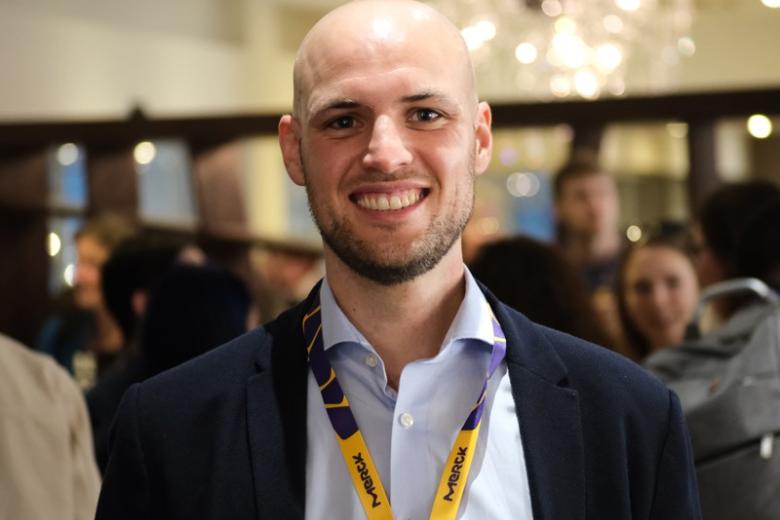Talking to prevent addiction
Having in-depth conversations with young people can help prevent problems associated with cannabis use. Conversations like these, however, must be conducted by prevention officers who have been trained in the application of techniques like motivational interviewing and self-monitoring. These were the results of a research study by Hans Dupont, who recently obtained his PhD on the subject.
Dupont is an addiction prevention manager at the Mondriaan mental health institute and works part-time as a researcher and professor at the CAPHRI research institute, which is part of Maastricht UMC+. Based on his experience with addiction care and prevention, the Netherlands lacks suitable and effective interventions for adolescents who use cannabis and are vulnerable to addiction. His team, based in South Limburg, therefore developed a new method called Moti-4, whereby Moti stands for 'motivation' and the number four refers to 'four meetings'. This method challenges young adults to look at their cannabis use in a different light over the course of four meetings. The results are promising: young people who have completed the Moti-4 process reduce their cannabis use by roughly half.
Awareness
An essential part of this process is that it prompts young people to think about their cannabis use without pointing a cautionary finger. This is done through the application of techniques like motivational interviewing and self-monitoring. The ultimate goal is to bring about a behavioural change. The target group is fourteen to twenty-three-year-olds. For the youngest category, the goal is to postpone experimentation with cannabis until the age of eighteen. On average, young people start experimenting with cannabis and alcohol between the ages of fourteen and fifteen. Roughly ten percent of all secondary school pupils uses a cannabis product, usually in the form of marijuana.
Alcohol and gaming
Moti-4 is currently being rolled out as a standard intervention tool to prevent cannabis addiction and the problems associated with it. Prevention officers throughout the Netherlands, with the exception of Zeeland and the very north of the country, have been trained to use Moti-4.
Moti-4 can also be used for other addictions, such as alcohol and gaming, which is becoming far more common among young people. The intervention tool has been adapted for these types of addictions. Moti-4 has not yet been applied as a tool to aid smoking cessation. A slightly adapted version has been used as an addiction prevention tool for people with minor intellectual disabilities.
Hans Dupont obtained his PhD on 17 December at Maastricht University. His dissertation is titled Killing Time. This research study led to the publication of several articles in the International Journal of Drug Policy, BMC Public Health and Journal of Substance Abuse Treatment.
Also read
-
GROW research: all-in-one test for genetic defects in embryos🧪
Researchers at Maastricht UMC+ and GROW have developed a technique that can analyse the entire genome in a single test, allowing for faster determination of embryos suitable for successful pregnancy.

-
A breakthrough in cultured meat research-animal component free production
A breakthrough in cultured meat research-animal component free production

-
Obesity increases risk of pneumonia
Obese people run a higher risk of developing pneumonia, according to a PhD study conducted by Niki Ubags of Maastricht UMC+.
